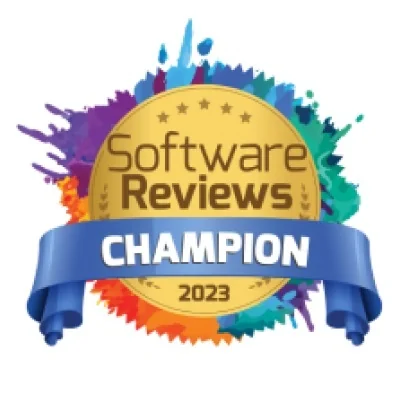Business Intelligence has a lot depending on it. Every time someone from Marketing or Sales or HR needs a report created or modified, or every time there’s a problem with some data in a report that needs to be sorted ASAP – who do you call? BI, obviously.
But, with the amount of time it takes for BI to deliver and the amount of manual data mapping and tracing required to enable accurate delivery, you have to question if maybe BI could be made more intelligent.
So, what is BI Intelligence you ask? Technology that makes Business Intelligence Intelligent. Let’s start with automated tools that foster the seamless interaction of multiple metadata best practices, such as data discovery, data lineage and the use of a business glossary. Here is an overview of how automated metadata management makes your business intelligence smarter.
How Can Smarter BI Impact Your Company?
At its core, business intelligence is the practice of implementing strategies and tools to create a complete analysis of the data managed by a company. By using the historic, current, and forward-looking views that a unified metadata platform provides, stronger decision-making is possible.
Automated metadata management is a key component to bringing datasets together. By unifying different data streams on one platform, a better interpretation of that information is possible. When data flows from the data warehouse to analysis tools without interruption, it yields more insights in less time.
A successful metadata management solution depends on the automation of three functions: a business glossary, data discovery, and data lineage. Let’s look at why each is important to building smarter business intelligence:
1. Business Glossary
A business glossary is a centralized resource that defines enterprise terminology. The comprehensive nature of this document, which spans every team, tool, and report in a company, makes it difficult to implement/ The process of building one manually is time-consuming. (Most businesses use more than five reporting tools, often in isolation from one another.)
By automating the business glossary, your company can eliminate the hundreds of hours the document can cost to produce. You can also ensure the tool will always be up-to-date. Having this resource in place is essential to good business intelligence.
2. Discovery
Ensuring all available data is discoverable and centralized is another vital process to automate for smarter business intelligence. The only way to make informed decisions is for you and your team to have a full picture of what is going on in your business.
By automating this process and tying it to a unified platform, you can construct an accurate representation of metadata to analyze no matter what database, layer, or from which it ETL.
3. Lineage
Establishing an automated data lineage process lets you understand how data got to its current location by tracking its journey. It gives the data in your system definition and lets algorithms and machine learning programs process it.
Once data has a lineage in place, your team will be able to use it to answer questions, find formulas, search through the data with better efficiency, and track information competently.

What Are the Benefits of Business Intelligence Automation?
Once the full suite of metadata management best practices is automated through the Octopai platform, it becomes much more versatile and valuable. Some of the immediate benefits you will see from implementing this process include:
- Accessible information – Data that was once hidden from the data intelligence team can be understood by decision-makers outside of the department.
- Better perspective – By providing for better analysis, automation allows for new understandings of data.
- Improved data ROI – Improved decision-making opportunities increase the value of data management.
- Lower maintenance – Manual data management is time-consuming and error-prone. Automation lowers the cost of these management requirements.
These improvements deliver benefits to data definers, data stewards, data users and data managers. Because the complexity of manual data management is skyrocketing and driving up the cost of producing actionable analysis, licensing an enterprise metadata management solution is an affordable way to make your business intelligence smarter.








